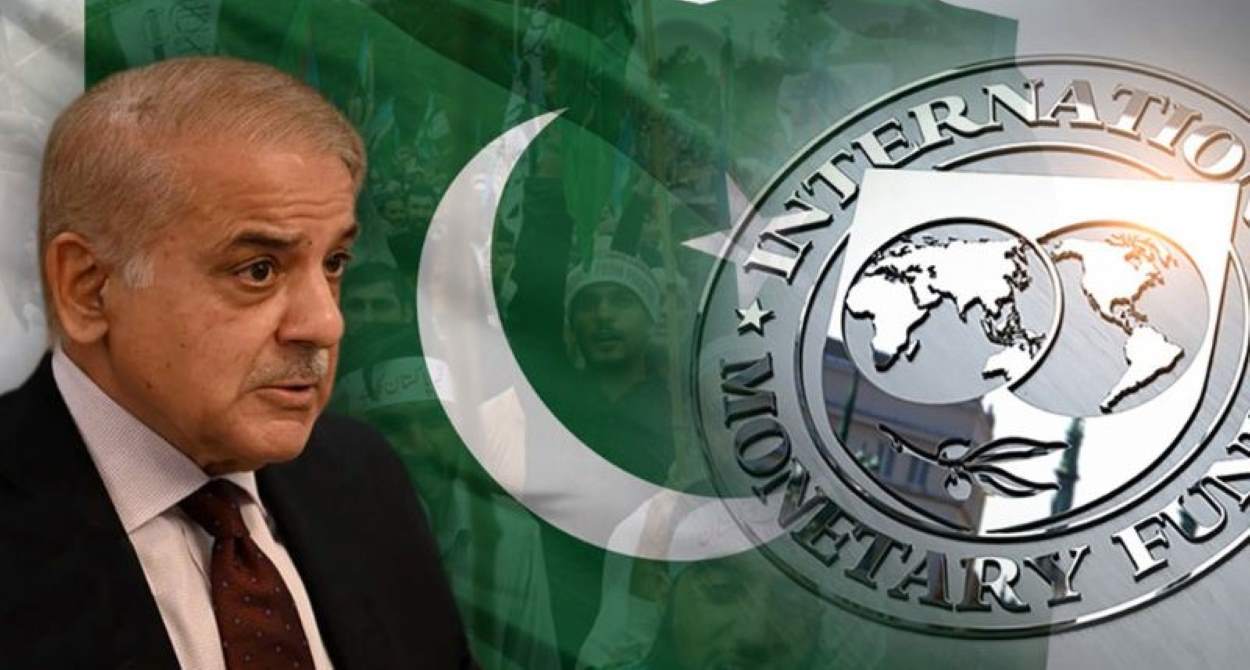A new International Monetary Fund (IMF) report delivers a stark warning about Pakistan’s governance. The 186-page diagnostic states that corruption is deeply ingrained in the country’s political and economic structures.
The report describes corruption as “persistent and corrosive.” It highlights how this systemic issue undermines economic growth and weakens public institutions.
The IMF identifies “elite capture” as the most damaging form of corruption. It notes that privileged entities exert undue influence over key economic sectors. The report reveals a staggering statistic. Pakistan reported Rs 5.3 trillion in corruption-related recoveries over a two-year period.
However, the IMF stresses this figure is only “a narrow slice” of the actual economic losses. It points to a chronic failure to quantify the full impact of the graft. The report offers a sharp critique of Pakistan’s judicial system. It calls the courts slow and vulnerable to political interference.
1/25 Pakistan has just been subjected to one of the most forensic examinations of its state ever commissioned not by activists or opposition politicians, but by the IMF itself. Over 186 pages, the Fund’s governance and corruption diagnostic concludes that corruption here is not… pic.twitter.com/unYWHBsJDs
— brief. (@brief_pk) November 20, 2025This judicial weakness discourages investment and enables the powerful to go unpunished. Public surveys consistently list the judiciary and police among the most corrupt institutions.
The IMF also finds major governance flaws across the public sector. It highlights weak transparency in tax administration, state-owned enterprises, and public procurement.The report scrutinises the Special Investment Facilitation Council (SIFC). It warns that this powerful body operates with “untested transparency and accountability.”
Read: Pakistan Accepts IMF Audit Condition for $1.2 Billion Loan Disbursement
This lack of oversight raises the risk of unchecked discretionary powers over major economic deals. The IMF urges the publication of a full annual report on the SIFC’s activities.
The IMF concludes that Pakistan faces a critical choice. Implementing strong governance reforms could boost GDP by 5-6.5% within five years. Without these reforms, the country will remain trapped in a cycle of economic stagnation. It will stay dependent on external financial support to survive.






